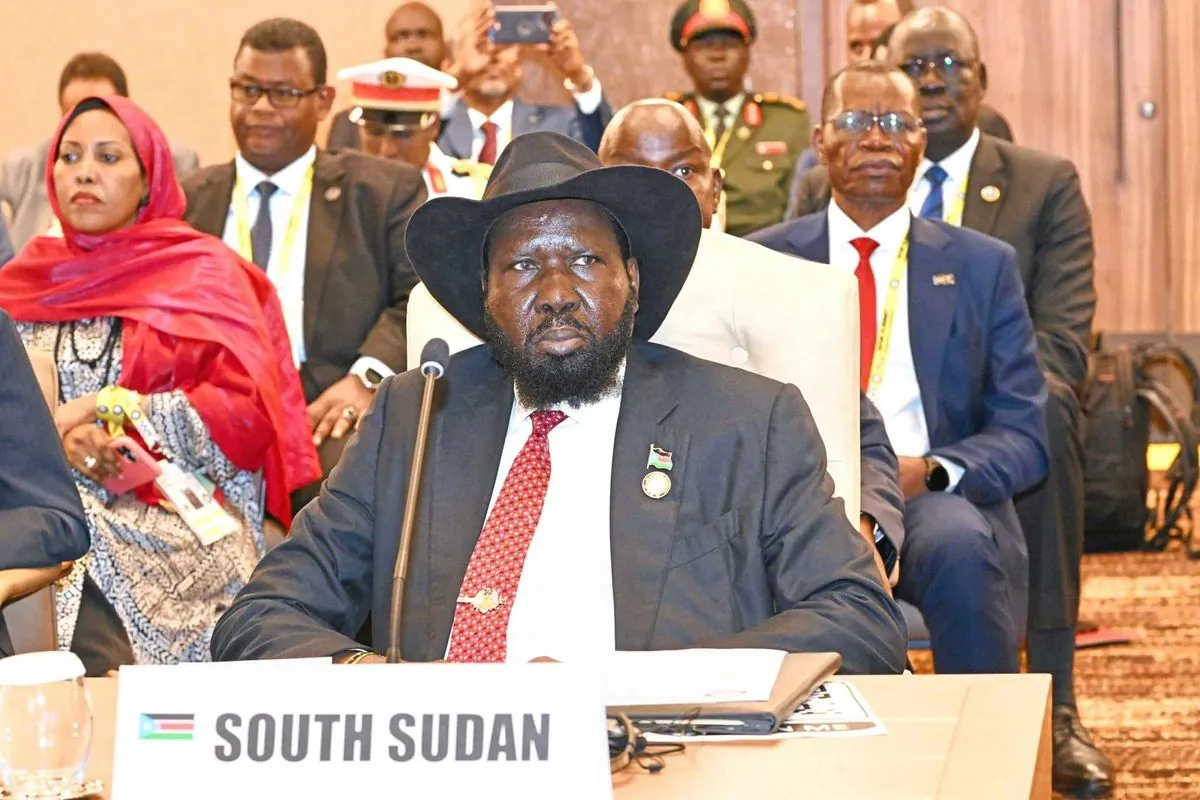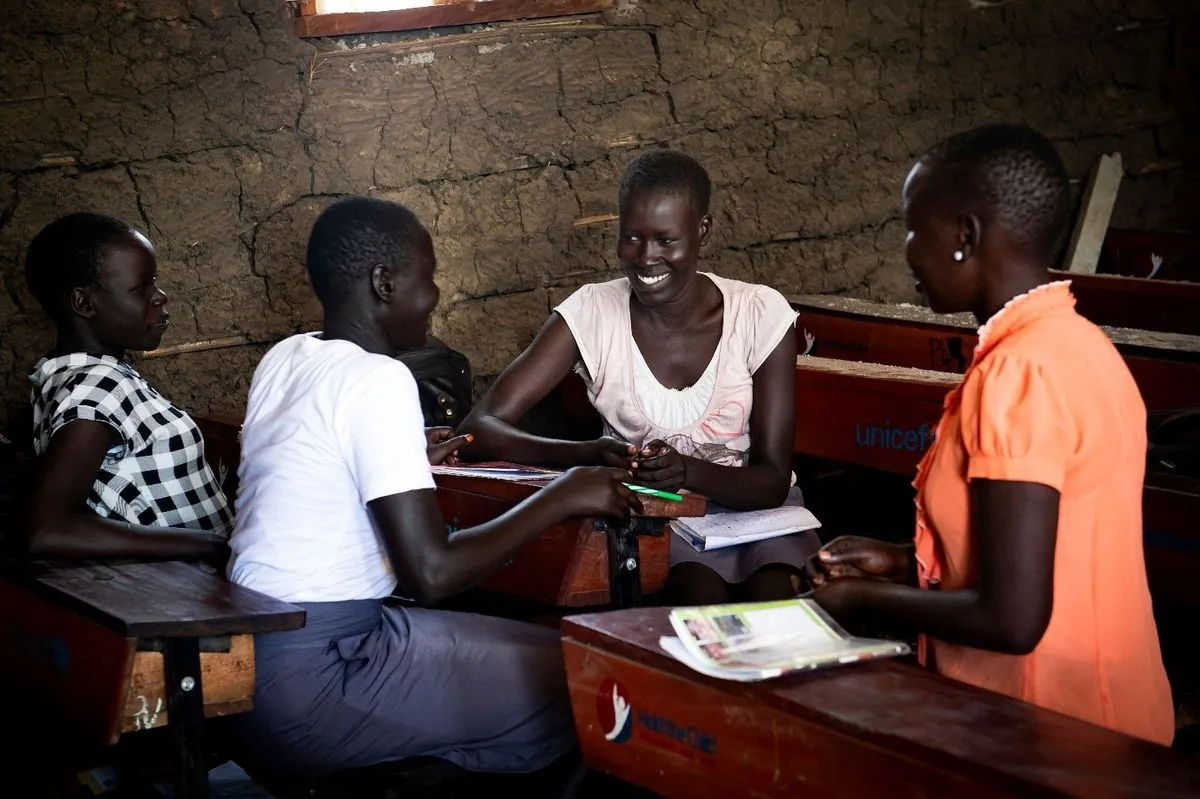South Sudan Delays Elections to 2026, Citing Need for Critical Processes
South Sudan postpones elections by two years to complete essential processes. The decision, aimed at ensuring readiness, raises concerns about stability and resource allocation in the world's youngest nation.

The government of South Sudan has announced a two-year postponement of elections originally scheduled for December 2023. The new election date is set for December 22, 2026, marking the second delay since the country's 2018 peace agreement.
Tut Gatluak, Presidential Adviser on National Security, stated that the extension would allow for the completion of critical processes, including a national census, drafting of a permanent constitution, and registration of political parties. These steps are deemed essential for conducting fair and inclusive elections in the world's youngest nation.
South Sudan, which gained independence from Sudan on July 9, 2011, has faced numerous challenges since its inception. The country has been grappling with the aftermath of a five-year civil war that claimed over 400,000 lives and displaced millions. In 2018, President Salva Kiir and his former rival Riek Machar signed a peace agreement, initiating a transitional period that began in February 2020.

The decision to postpone the elections has sparked mixed reactions. Andrea Mach Mabior, an independent political analyst, cautioned against holding elections that do not meet international standards, stating it would be a "waste of money." Conversely, Edmund Yakani, executive director of the Community Empowerment Progress Organization, expressed concerns that further delays could increase the risk of violence erupting across the fragile country.
South Sudan's challenges extend beyond political instability. The country is currently experiencing an economic crisis, with civil servants reportedly unpaid for nearly a year. This situation has been exacerbated by disruptions to oil exports, which account for almost all of the country's exports and around 60% of its GDP. The pipeline through neighboring Sudan, crucial for these exports, has been damaged due to ongoing conflicts.
"The extension followed recommendations from both electoral institutions and the security sector."
The country's infrastructure remains severely underdeveloped, with only about 200 km of paved roads. This lack of infrastructure poses significant challenges for conducting nationwide elections and delivering essential services to the population.
Furthermore, South Sudan faces a dire humanitarian situation. According to the 2024 UN Humanitarian Needs Overview, an estimated 9 million people – 73% of the country's population – are projected to require humanitarian assistance in 2024. This crisis is compounded by the impacts of climate change and ongoing conflicts.
The postponement of elections also raises questions about the country's commitment to democratic processes. A new security act allowing for warrantless detentions became law in August 2023, despite concerns from human rights groups about its potential to create fear in the lead-up to elections.
As South Sudan navigates this complex political landscape, it must also address its numerous socio-economic challenges. With one of the world's lowest literacy rates, estimated at around 27%, and a predominantly young population with over 70% under 30, the country faces significant hurdles in building a stable and prosperous future.
The international community continues to monitor the situation closely, as South Sudan's stability has implications for the entire region. The country's unique biodiversity, including the second-largest wildlife migration in the world and the vast Sudd swamp, adds to its global significance and the importance of achieving lasting peace and stability.


































